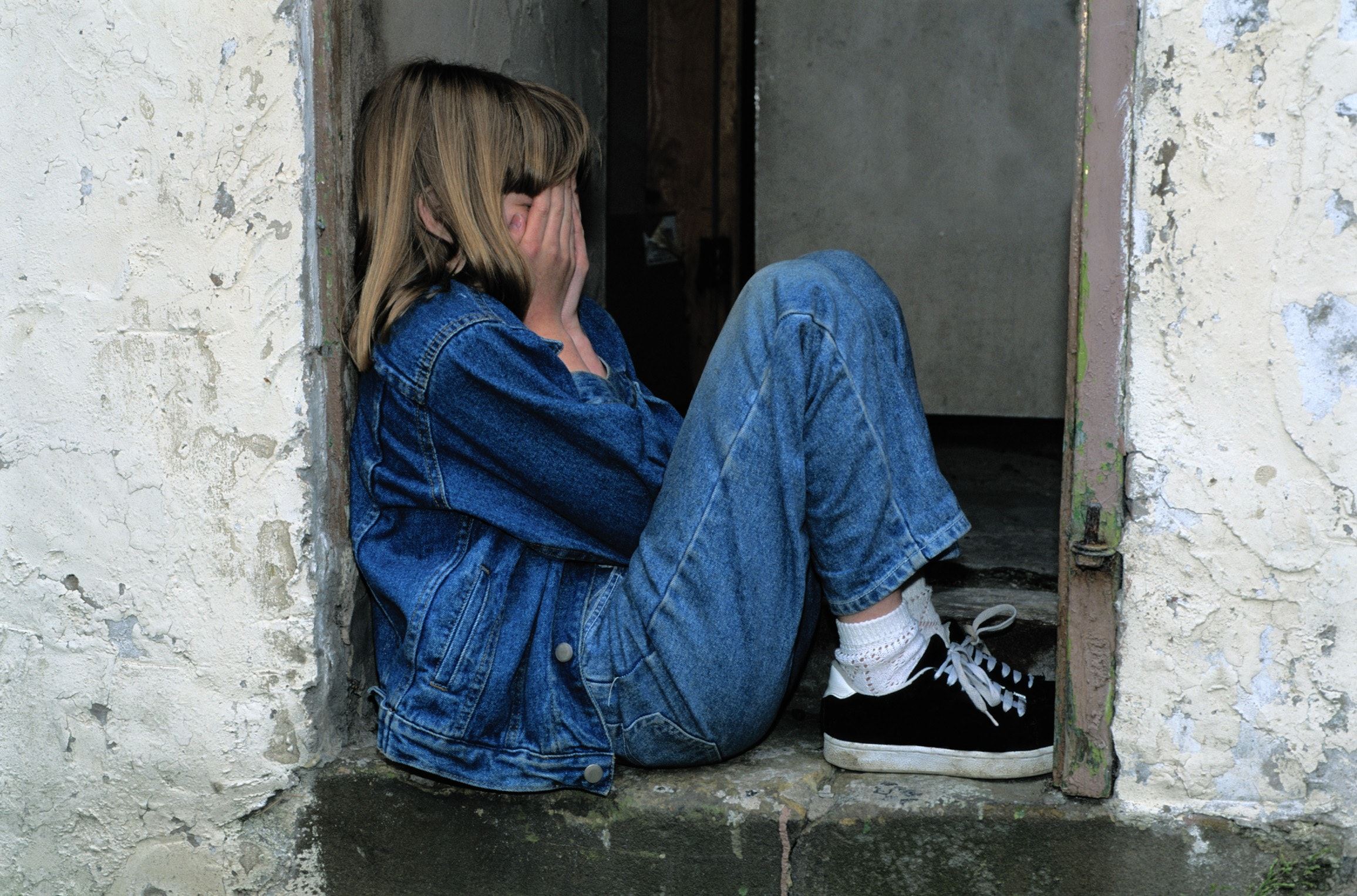Co-parenting demands a delicate balance for both parents, and disagreements are inevitable. Perhaps parenting styles were a point of contention within the marriage, which is one reason the couple divorced.
You may disapprove of your co-parent’s choices. For instance, you dislike the kinds of entertainment they allow the kids or think they give them too much freedom in a specific capacity. In situations like these, there isn’t much you can do. The court assumes that whoever possesses the kids is “in charge” during that time, and they don’t want to interfere.
If the co-parent endangers the child, you can take action. You can plead to the courts to have the child removed from the parent, and you may be able to revoke the adult’s parental rights permanently. Third parties who aren’t related to the kids, such as close family friends, can also plead to the courts.
Here are New York’s criteria for an unfit parent.
Abuse
If there is a pattern of abuse, the state can intervene. Remember, an accusation is not enough for the court to step in. You must prove that the abuse is taking place.
Neglect or Abandonment
Legally, “neglect” can come in many different forms. It can include a lack of nutrition, poor hygiene, etc.
It can also be a total disinterest in the child’s needs, such as paying no attention to their education or healthcare. This is not the same as a parent who doesn’t help with homework. It looks more like a parent who isn’t aware or concerned about whether the child is attending school. Concerning healthcare, neglect is when a parent doesn’t treat wounds, take the kids to the doctor when needed, and so on.
Abandonment is simply leaving the child alone with no supervision. This is not taking a quick trip to the grocery store and leaving a capable 11-year-old equipped with a cellphone. Abandonment is dropping kids off on the side of the road or simply leaving them alone for days.
Blocking Visitation Rights
Remember, if the court orders joint custody, it believes this decision is in the child’s best interests. Legally, blocking visitation is seen as a way of harming the child.
The occasional mishap or need to change visitation might be justifiable. For a parent to be “unfit,” they habitually block visitation. Essentially, they steal the kids from the other parent, making communication impossible.
Poor Home Environment
This can be defined in a couple of ways. A bad environment could refer to the living quarters themselves. If a parent has a child living in squalor, they could lose custody.
A bad home environment could also include activities in the home. For instance, the parent cannot expose the kids to all-night, drug-fueled, orgiastic parties.
Addiction
The court may see a drug or alcohol addiction as a danger to the child. This can be true even if the adult is high functioning in their habit. Often, the court will give the parent a chance to attend rehab. If the parent can prove themselves, they may be able to keep their parental rights.
Incapacitation
You never want to stigmatize someone with a physical or mental disability. However, the unfortunate reality is that these problems can interfere with parenting. For instance, someone injured may be unable to care for small children.
The same is true for mental illnesses or mental disabilities. Courts must sometimes make the painful decision to take children away from mentally challenged adults who cannot raise the kids without help.
If you have concerns about your child’s co-parent fitness, our firm is here to help. We may be able to correct small mistakes by drafting a new parenting plan. We can assist you in taking the matter to court if intervention is required. For a free consultation, call (516) 514-3868 or contact us online.





